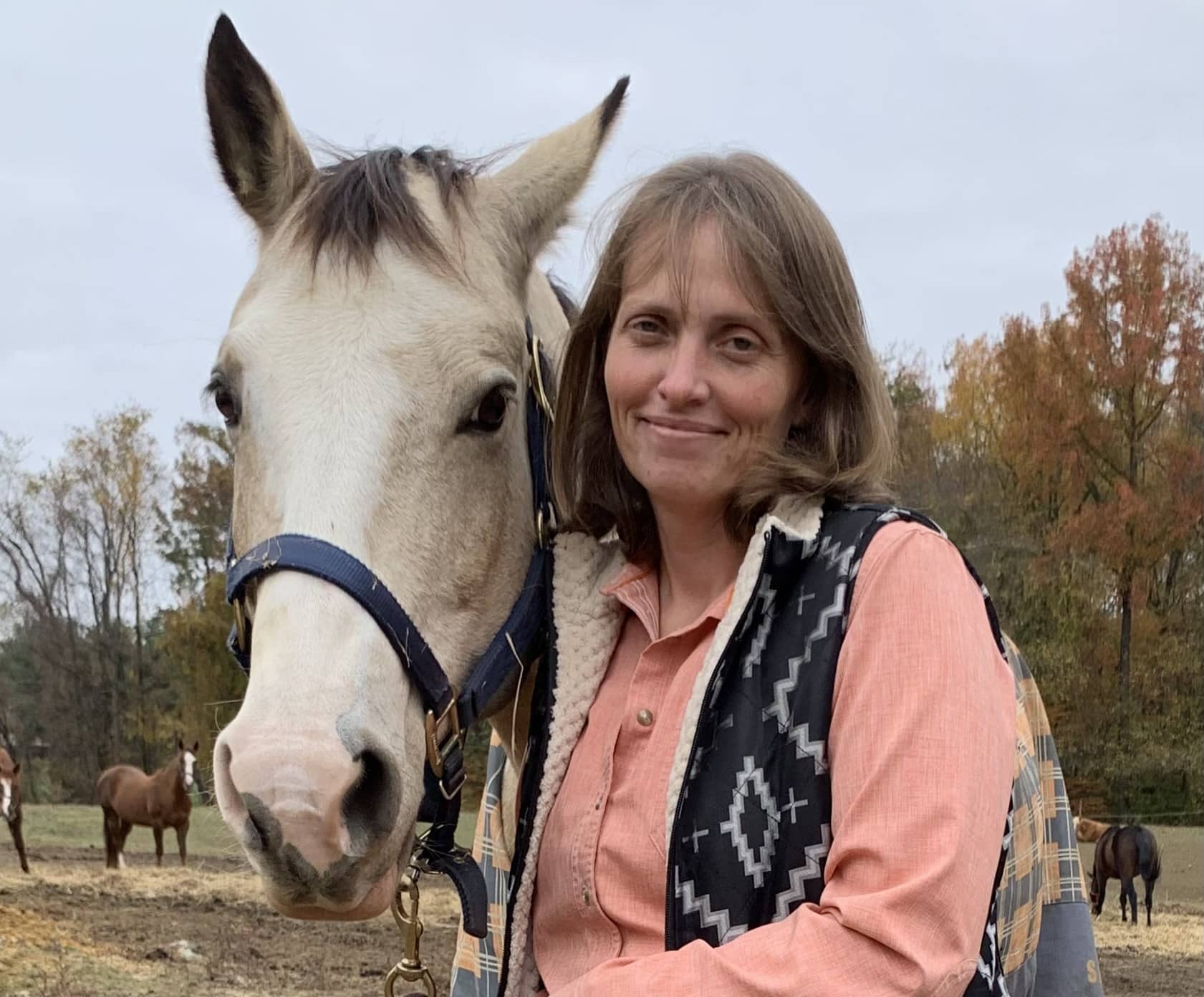Stephanie Yarwood, Ph.D. was born and raised in the rural Pacific Northwest where her dad was a farm mechanic. At 15, she washed labware in an Oregon State Extension plant pathology lab and eventually worked her way through college working for the USDA Agricultural Research Service. She earned an associate’s degree at Blue Mountain Community College in Pendleton, OR and a bachelor’s degree in English from Whitman College in Walla Walla, WA. She holds a doctorate in Soil Science from Oregon State University and an interdisciplinary minor in Subsurface Biology supported by a National Science Foundation Fellowship program.
Stephanie’s research focuses on soil microbial communities and their functions. She examines bacteria and fungi in sustainable agricultural systems with a goal of better understanding how human activities effect soil biology. She has investigated the relative contributions of bacteria and fungi in soil nitrogen cycling and the long-term effects of land management on soil organic matter turnover and storage. Recently, her research has focused on microorganisms involved in the production and consumption of greenhouse trace gases—nitrous oxide and methane.
She teaches advanced courses in Soil Microbial Ecology and Environmental Microbiology at the University of Maryland, College Park, where she is an associate professor in the Environmental Science and Technology Department. She also created an honor’s course that explores: “What will the farm of the future look like?” Stephanie believes that the practices of regenerative ag are crucial for a sustainable farming future.
In her spare time, Stephanie is passionate about animals including her two dogs and her horse “Emmy.” She also loves cooking, gardening and spending as much time outside as possible.
“Most people understand that water quality is crucial, but hardly think about the services that soils provide us every day. Not only do we need to protect soils that are still productive, but we must find innovative ways to improve degrade soils.” – Stephanie Yarwood, Ph.D.
Stephanie Yarwood

